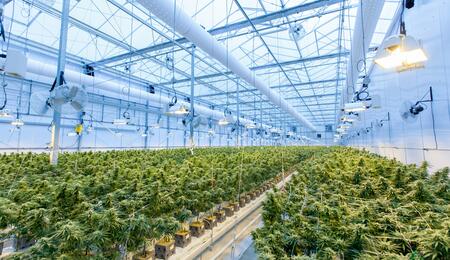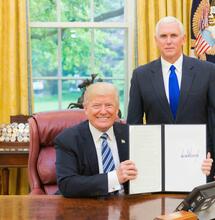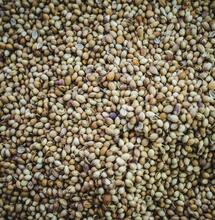UK Licensing Reform Will Maximise the Potential of Hemp

Modifications to industrial hemp laws will help regulate farmers to grow hemp and promote investment in the industry.
Modifications to industrial hemp laws will help regulate farmers to grow hemp and promote investment in the industry.
Hemp is a type of cannabis that contains less than 0.2% THC. It has several legal purposes, for instance in construction and textiles and could potentially influence climate change via carbon capture.
To make sure hemp is only grown strictly for legal purposes, farmers who hope to grow hemp must hold a licence, counteracting the government’s support for farmers with the requirement to protect the public from drug mishandling.
Under the planned changes, licence holders will be allowed to grow hemp at any location on an approved farm. The maximum duration for a licence will be extended from three to six years, subject to compliance with licence terms.
The recommendations, which have been produced in association with professional growers, incorporate an opportunity to apply for a licence with a deferred start date of up to 12 months. These adaptations are scheduled to come into effect for the 2025 growing season.
The government has also asked the Advisory Council on the Misuse of Drugs to deliver guidance on whether the THC permitted in industrial hemp could be raised safely to 0.3%.
How Does UK Law Currently Classify Hemp?
The modifications will not affect the already powerful laws in place concerning the control of cannabis which is currently still classed as a Class B controlled drug in the UK. This is inkeeping with Part 2 of Schedule 2 in the Misuse of Drugs Act 1971. People will consequently not be able to use these adaptations to avoid being charged with possession or supply of cannabis.
The government expects the police to persist in taking a robust zero-tolerance strategy to cannabis possession, which is still a criminal offence and should be implemented. Possession of cannabis carries a maximum penalty of up to 5 years imprisonment, a fine or both, and a supply of cannabis carries a sentence of up to 14 years detention, a fine or both.
This government will always seek to reduce unnecessary regulatory burdens placed on businesses so that they can flourish and grow.
The changes outlined today will help farmers and manufacturers in the UK to fully realise the economic potential offered through the safe and legal cultivation of hemp. - Chris Philp, Minister for Crime and Policing
Industrial hemp has huge potential across the UK to unlock new revenue streams, expand our economy without permanently removing land from food production, and bring wider environmental benefits.
The licensing changes announced today recognise industrial hemp as a field-grown agricultural crop and will enable more farmers to add hemp to their crop rotations, sequester carbon, and sell their harvest to the textile and construction industries. -Farming Minister Mark Spencer
Hemp can currently only be grown and farmed outdoors by following the Home Office’s “industrial hemp” licensing controls for fibre and seed production. Growers who want to use the parts of the plant that are controlled, those being the leaves, and flowers for lawful purposes. Lawful purposes include the production of cannabis-based medicinal products are permitted to do so under a normal cannabis cultivation licence.
The number of hemp licences issued has increased from six in 2013 to 136 in 2023. A first-time licence will cost £580. Licences are administered for three growing seasons. Repeat growers presently pay £326 for a licence which is less than £109 per year.
More From Soft Secrets:







